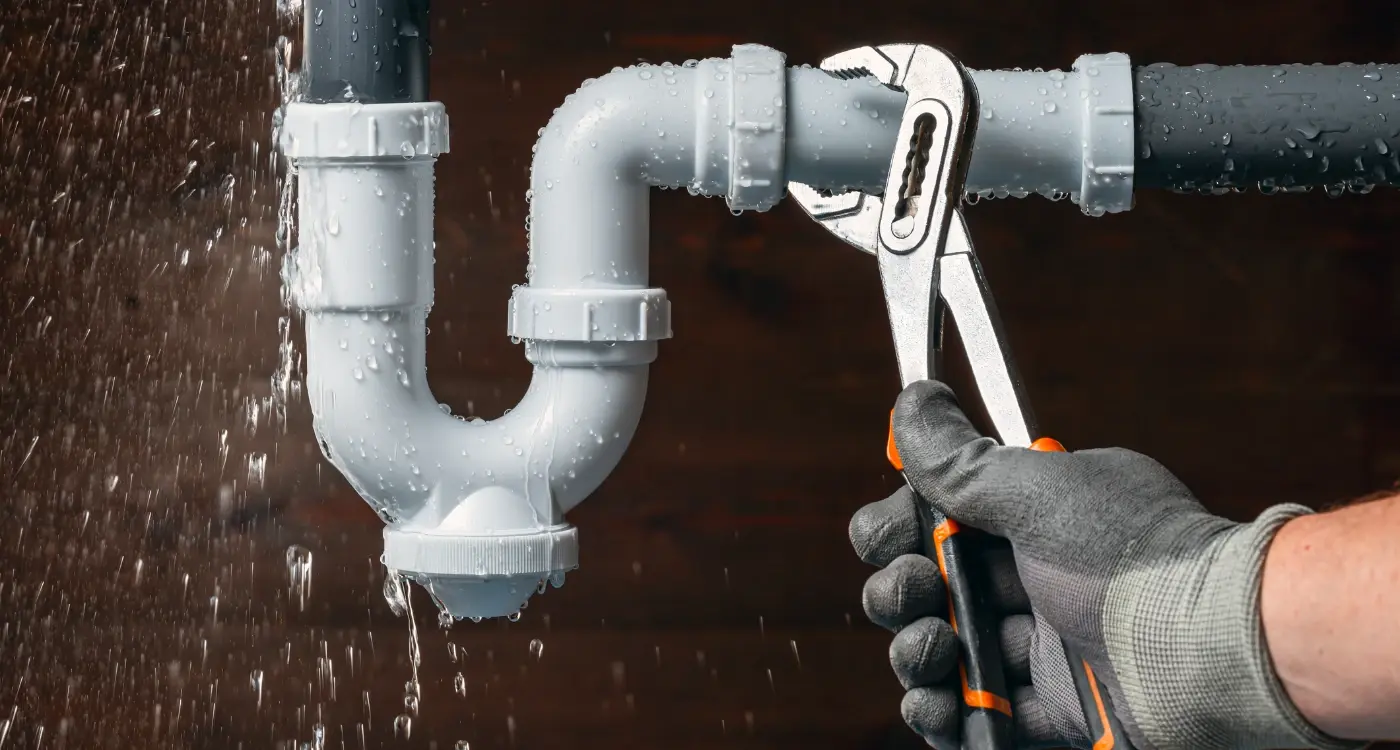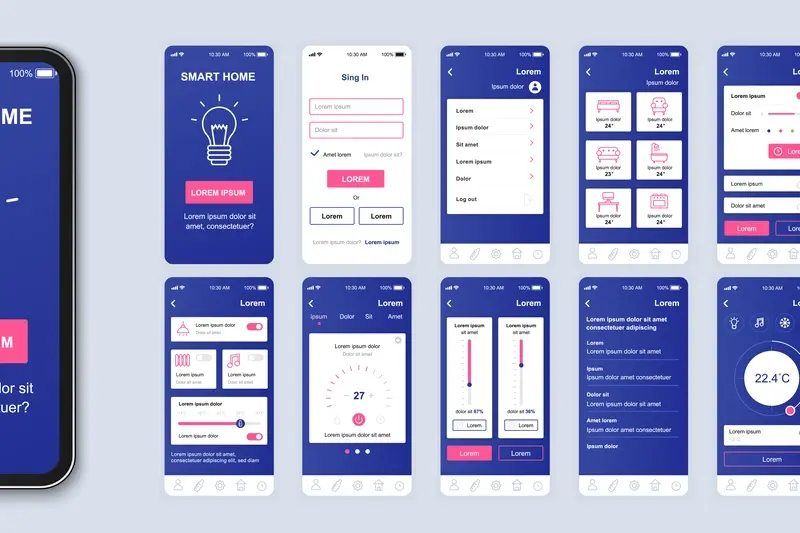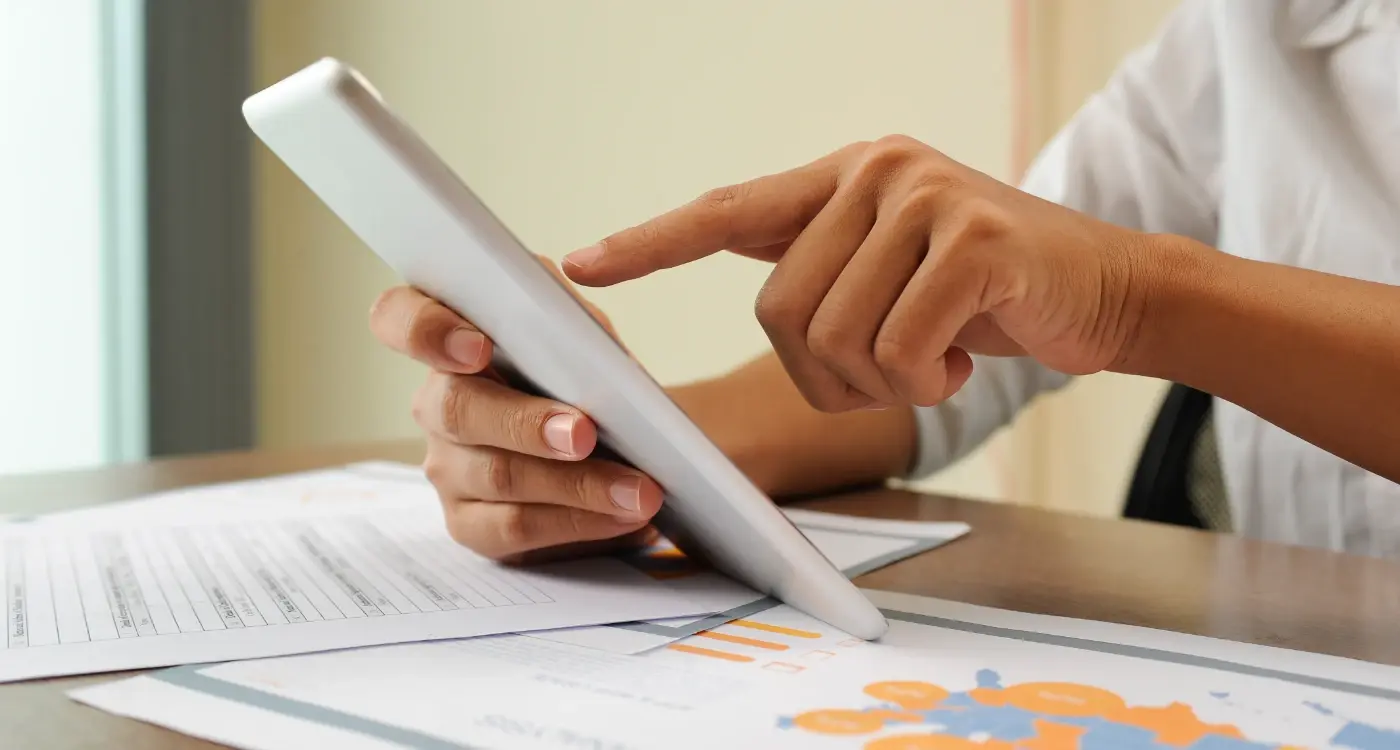Do I Need Medical Professionals To Build A Healthcare App?
Every month, thousands of new healthcare apps launch across app stores worldwide, yet most fail within their first year. The reason? Many developers underestimate just how different building a healthcare app is from creating a standard mobile application. Unlike your typical social media or productivity app, healthcare applications deal with people's most personal information—their health data, medical conditions, and treatment plans.
When you're building a healthcare app, you're not just creating another piece of software. You're developing a tool that could influence someone's medical decisions, store sensitive health information, or even help manage life-threatening conditions. This reality brings unique challenges that standard app development simply doesn't face.
The difference between a regular app crashing and a healthcare app failing could literally be the difference between inconvenience and danger
So the question isn't really whether you need medical professionals to build your healthcare app—it's more about understanding when their input becomes absolutely necessary and how to work with them effectively. Some healthcare apps can get by with minimal clinical oversight, while others require extensive medical guidance from day one. The key is knowing which category your app falls into and planning accordingly. That's exactly what we'll explore in this guide.
What Makes Healthcare Apps Different From Other Apps
I've built plenty of apps over the years—everything from food delivery to fitness tracking—but healthcare apps? They're a completely different beast. When someone downloads your restaurant app and it crashes, they might get annoyed and order pizza instead. When a healthcare app fails, people's lives could be at risk. That's not being dramatic; that's just the reality we're working with.
The biggest difference is trust. People need to believe your app won't give them dodgy medical advice or leak their sensitive health data. Unlike that photo-sharing app where the worst thing that happens is an embarrassing selfie goes public, healthcare apps handle deeply personal information about conditions, medications, and symptoms.
Key Differences You Can't Ignore
- Strict regulatory compliance requirements (think GDPR on steroids)
- Life-or-death accuracy expectations from users
- Complex medical terminology that must be precise
- Integration with existing healthcare systems and protocols
- Liability concerns that go way beyond typical app failures
Then there's the user experience challenge. Medical professionals think differently than your average smartphone user—they need quick access to critical information without unnecessary steps. Meanwhile, patients might be stressed, in pain, or dealing with conditions that affect their ability to use technology. You can't just slap a pretty interface on medical functionality and call it a day.
Understanding Medical Regulations and Legal Requirements
Right, let's talk about the elephant in the room—regulations. I know, I know, not the most exciting topic, but stick with me because this stuff matters. When you're building a healthcare app, you're not just dealing with regular app store guidelines; you're entering a world where people's health and safety are at stake, and governments take that pretty seriously.
The big players you need to know about are HIPAA in the US, GDPR in Europe, and the MHRA here in the UK. These aren't just suggestions—they're legal requirements that can shut down your app faster than you can say "medical device". HIPAA controls how patient data gets handled, GDPR protects user privacy, and the MHRA decides whether your app counts as a medical device that needs approval.
Get legal advice early, not late. I've seen too many developers build entire apps only to discover they need regulatory approval that takes months to get.
When Your App Becomes a Medical Device
Here's where it gets tricky—some healthcare apps are just apps, others are medical devices. If your app diagnoses conditions, calculates drug dosages, or gives treatment recommendations, you're likely looking at medical device regulations. That means clinical trials, safety documentation, and approval processes that can take years.
The good news? Not every healthcare app needs this level of oversight. Fitness trackers, appointment booking apps, and general health information apps usually don't qualify as medical devices. But the line isn't always clear, which is why professional requirements and clinical input become so important when you're unsure.
When Clinical Input Becomes Non-Negotiable
There comes a point in healthcare app development where you simply cannot move forward without medical professionals on your team. I've seen too many promising projects hit a brick wall because they tried to skip this step—thinking they could figure it out as they went along.
The line gets crossed the moment your app starts making medical decisions or providing health advice. If users will rely on your app to understand their symptoms, track medications, or make treatment choices, you need clinical oversight. It's not just about getting the science right; it's about understanding how real patients think and behave.
Clear Signs You Need Medical Input
Some situations make clinical involvement absolutely necessary:
- Your app diagnoses conditions or suggests treatments
- Users input sensitive health data that affects their care
- The app connects to medical devices or monitors vital signs
- Healthcare providers will use it to make patient decisions
- You're handling prescription information or drug interactions
Without proper medical guidance, you're not just risking user safety—you're setting yourself up for regulatory nightmares and potential lawsuits. Medical professionals help you understand what questions to ask, what safeguards to build, and how to present information responsibly.
Types of Healthcare Apps That Need Professional Oversight
Not every healthcare app requires a team of doctors peering over your shoulder—but some absolutely do. The difference comes down to what your app actually does and how much risk it carries for users.
Apps That Always Need Medical Input
Diagnostic apps are the obvious candidates here. If your app is helping people identify symptoms or suggesting possible conditions, you need clinical input from day one. The same goes for medication management apps that calculate dosages or track drug interactions. Treatment planning apps, mental health support tools, and anything dealing with chronic disease management all fall into this category too.
The moment your app starts making medical recommendations or handling sensitive health data, you've crossed into territory where professional oversight isn't optional—it's a legal and ethical requirement
The Grey Area Apps
Then there are the apps that sit somewhere in between. Fitness trackers might seem harmless enough, but if they're monitoring heart rate or suggesting workout intensities, medical input becomes valuable. Wellness apps that track mood or sleep patterns can benefit from professional guidance, even if they don't technically need it.
The key question to ask yourself is this: could someone get hurt if your app gets something wrong? If the answer is yes, you need medical professionals involved. It's that simple.
Building Your Medical Advisory Team
Right, so you've decided you need medical professionals on your team—now what? Building a medical advisory team isn't like hiring your average consultant; these people need to understand both medicine and technology, which is rarer than you might think.
Start with identifying what type of medical expertise you actually need. A mental health app requires a completely different skill set than a diabetes management tool. Don't just grab any doctor with impressive credentials—find someone who specialises in your specific area and genuinely understands the problems you're trying to solve.
Key Roles to Consider
- Clinical advisors who understand your target medical condition
- Regulatory experts familiar with medical device classifications
- Healthcare IT specialists who bridge the tech-medicine gap
- Patient advocates who represent end-user perspectives
I've found that the best medical advisors are those who've worked with technology companies before. They get that app development moves faster than traditional medical research cycles and can adapt their approach accordingly.
Budget for ongoing relationships rather than one-off consultations. Medical guidance isn't something you need once during development—it's an ongoing partnership that extends through testing, launch, and beyond. Your advisory team should be accessible when regulatory questions arise or when you're planning new features.
Working With Developers Who Don't Have Medical Backgrounds
Here's the reality—most brilliant app developers don't have medical degrees, and that's perfectly fine. I've worked with countless talented developers over the years who've built outstanding healthcare apps without ever setting foot in a medical school. The key isn't finding developers who know medicine; it's finding ones who understand how to work with medical professionals and translate complex clinical requirements into functional code.
The best developers I've collaborated with on healthcare projects share certain traits. They ask the right questions, they're not afraid to admit when they don't understand something medical, and they know how to build bridges between technical possibilities and clinical needs. They also understand that healthcare apps aren't just about pretty interfaces—they're about creating tools that medical professionals can trust and patients can rely on.
What Makes a Great Healthcare App Developer
When you're choosing developers for your healthcare app, look for these qualities:
- Experience with regulated industries or compliance requirements
- Strong communication skills for working with medical advisors
- Attention to detail and rigorous testing practices
- Understanding of data security and privacy concerns
- Willingness to learn medical terminology and workflows
Set up regular review sessions where your medical advisors can test early versions of the app and provide feedback directly to the development team—this creates understanding on both sides.
The magic happens when you create a collaborative environment where developers and medical professionals work together. Your clinical input becomes the compass, whilst your developers provide the technical expertise to make it all work smoothly.
Balancing Medical Accuracy With User Experience
Here's where things get tricky—making medical information both accurate and easy to use. I've worked on healthcare apps where the medical team wanted to include every possible disclaimer and warning, whilst the design team pushed for clean, simple interfaces. Both sides are right, but finding the middle ground takes real skill.
Medical professionals think about liability and patient safety first. They want comprehensive information displayed clearly. Users, on the other hand, want quick answers without wading through medical jargon. The challenge is presenting complex medical data in a way that's both trustworthy and accessible.
Making Medical Content User-Friendly
Start with plain English explanations alongside technical terms. Use progressive disclosure—show basic information first, then let users dig deeper if they want more detail. Visual elements like icons and colour coding can help communicate medical concepts without overwhelming text.
Your medical advisors should review every piece of content, but they don't need to write it. Professional medical writers can translate clinical language into something users actually understand. This keeps the accuracy intact whilst making the experience much smoother.
Testing With Real Users
User testing becomes even more important with healthcare apps. Watch how people interact with medical information—do they understand the terminology? Are they missing important warnings? Can they find what they need quickly during stressful moments? These insights help you refine the balance between accuracy and usability without compromising either.
Conclusion
Building a healthcare app without medical professionals is like trying to perform surgery with a butter knife—you might get somewhere, but it won't end well for anyone involved. After working with dozens of healthcare startups over the years, I can tell you that the ones who succeed are those who recognise early on that clinical input isn't optional; it's the foundation everything else is built on.
The question isn't really whether you need medical professionals—it's how many you need and when you need them. A simple wellness tracker might get away with minimal clinical oversight, but anything that makes health recommendations or handles patient data requires proper medical guidance from day one. I've seen too many promising healthcare apps crash and burn because they treated medical accuracy as an afterthought rather than a core requirement.
The good news is that finding the right medical professionals doesn't have to break the bank or slow down your development timeline. Start with one or two key advisors who understand your specific area of healthcare, then build your team as your app grows. Your users' health depends on getting this right, and frankly, so does your business.
Share this
Subscribe To Our Learning Centre
You May Also Like
These Related Guides

Can I Maintain My App Myself or Do I Need Developers?

Should I Hire a UX Designer or Use a Template?



